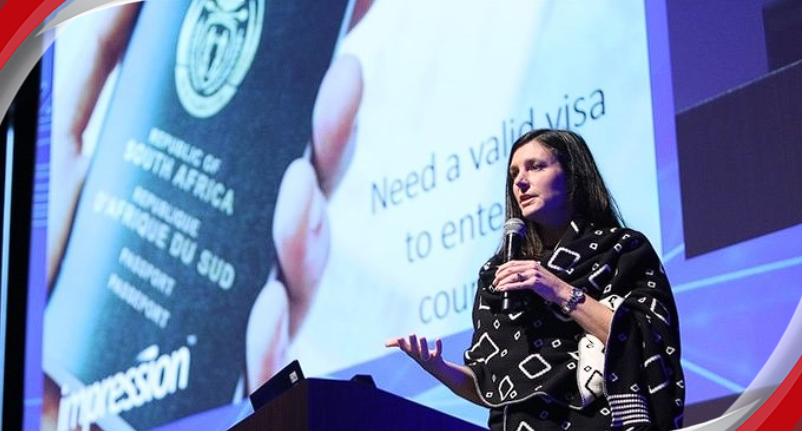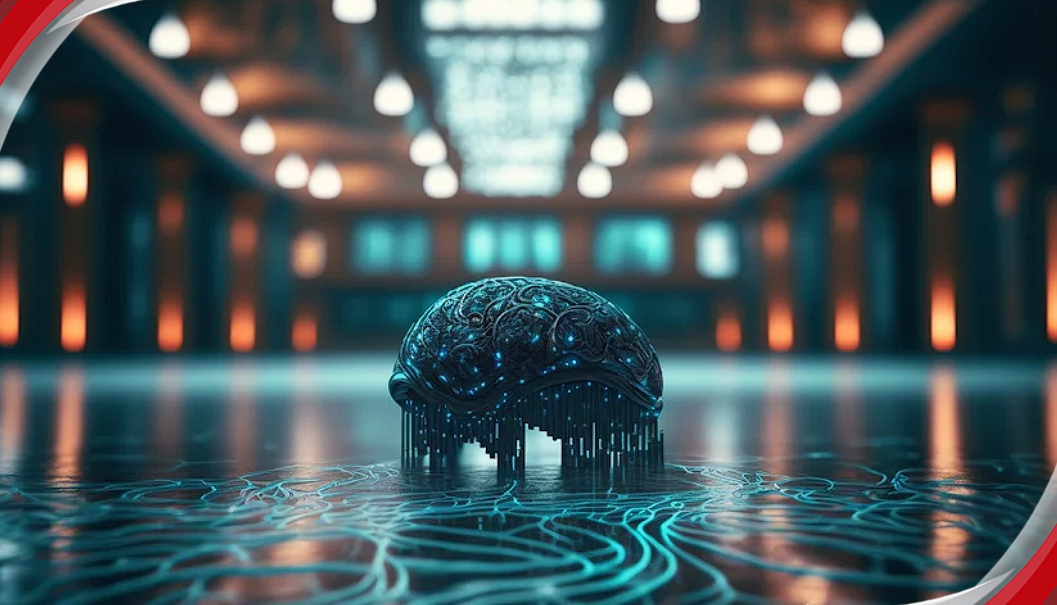Articles
The power of AI and innovative thinking in learning
-
8 months ago
This has paved the way for new business opportunities, changing how most, if not all, enterprises operate. Over the years, Richfield has continued to dissect the role of technology in education, to create graduates who are solutions-driven and future-ready, hence the popularity of the Richfield Information Technology degree amongst those who see the opportunity in it.
The role of higher education in implementing AI and technology has never been more critical than today, and given the recent impact of artificial intelligence, is enough being done to prepare students for the constant shifts?
Today, the integration of artificial intelligence (AI) has become a cornerstone of innovation across industries. Globally, businesses are harnessing the power of AI to drive efficiency, enhance decision-making, and deliver customer experiences. Technology has also allowed various businesses to reach wider markets, more markets mean increased profits.
When one takes a closer look at what’s trending within most sectors today, things like automation, quantum computing, edge computing and 5G as well as decentralised finance (DeFi) have become needs and not wants within most organisations.
For example, supply chain management uses tokenization of assets to assist with how commercial transactions are conducted. This digitisation of the financial process allows for transparency and decentralisation within the supply chain sector.
Another part of technology that is vastly evolving is the integration of sustainable practices within the work process.
According to a 2024 article by IBM titled ‘What is sustainable technology?’, it is becoming more important to ‘reframe our relationship with existing innovations to address environmental and societal challenges’. Introducing environmental processes within technology not only helps to reduce carbon footprints and meet regulatory standards, but it is also great for brand reputation.
Customers respect and follow organisations that are rooted in serving the planet they create consumption for. So, whether it’s ensuring the software developed plays a vital social impact, digitising healthcare data or using robotic automation within manufacturing, there is a big push for innovation that not only transforms but does so in a socially responsible way.
While the advantages of AI and other advanced technologies are great, South Africa still faces challenges such as the skills gap in education, thus contributing to the ever-rising unemployment stats. The main sectors facing these shortages are engineering, science, information technology and management-level personnel (Bloomberg (2023) South African economy strangled by skills shortage, Daily Investor, 6 November).
According to Career Junction, the information technology sector is particularly struggling to find skills in software development, technical/business architecture, database design, systems analysis, marketing research analysis, data, and business analysis. So how does one become the differentiator?
What has set Richfield apart is their focus on building innovators for the future, a mentality which has contributed to the technologically led curriculums. Including an affordable degree in Information Technology with the opportunity to specialise in programming, business analysis, network engineering, IT management, and emerging technologies.
The motto of ‘more than just a degree’ pushes the ethos of going beyond the call of duty to get the most out of the student. This began with strategic partnerships that would help elevate the academic experience of students by collaborating with some of the world’s leading global organisations such as AWS, Cisco, IBM, Oracle, CIMA, and Salesforce.
Richfield provided this offering on top of one’s degree, free of charge, as an opportunity for students to gain a deeper understanding of artificial intelligence, data science, quantum computing, robotics, automation and more, giving them the skills they need to contribute to the job market.
For Richfield, the next few years are about building on that academic experience by changing the way institutions see higher learning. The world no longer operates by a set of rules and guides, it operates on innovation and possibility and that has been seeded into the teaching experience.
By creating a space for risk-taking and divergent thinking, Richfield encourages students to critically think about solutions for real-world problems no matter their degree. Initiatives such as the annual hackathon, entrepreneurship hub, and skills boot camps are some of the ways that Richfield inspires students to see the bigger picture of their career trajectory.
When higher education starts to see learning as an interconnectedness with the world, instead of ‘us vs them,’ there will start to be more transformation in the skills calibre, one thing Richfield continues to perfect.
Related Articles Posts
Categories
Popular Post
-
 SA’s IT spend to outpace GDP growth 1 year ago
SA’s IT spend to outpace GDP growth 1 year ago -
 Vodacom, Netstar launch free in-taxi Wi-... 1 year ago
Vodacom, Netstar launch free in-taxi Wi-... 1 year ago -
 South Africa under pressure to fill cybe... 1 year ago
South Africa under pressure to fill cybe... 1 year ago -
 Organisations with a strong employee val... 1 year ago
Organisations with a strong employee val... 1 year ago -
 Joint policy-in-action event highlights... 1 year ago
Joint policy-in-action event highlights... 1 year ago -
 Boost your digital transformation journe... 1 year ago
Boost your digital transformation journe... 1 year ago








